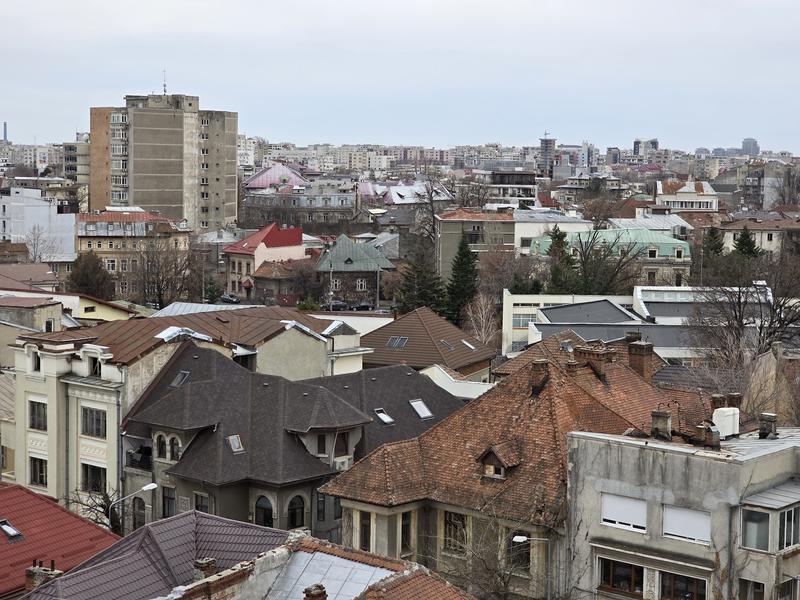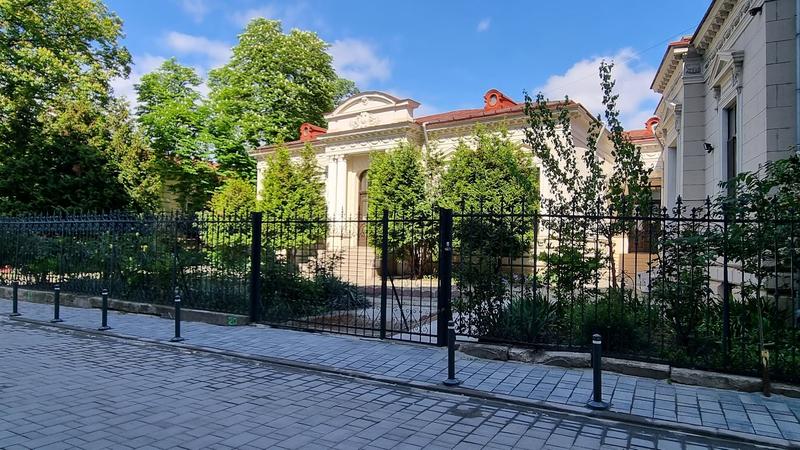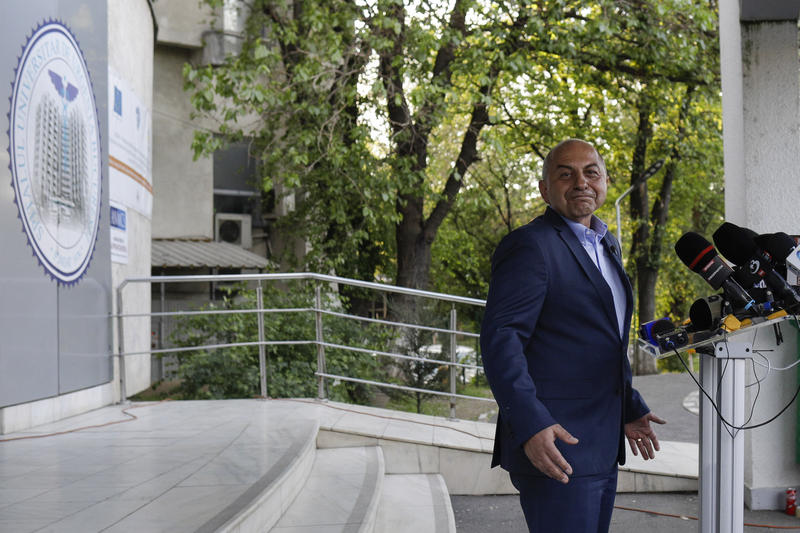PM says the state will pay salaries when there will be money: sometimes during the next three years. Elsewhere in the news, Romania risks being fined 200.000 euros per day if it misses recycling targets. Last but not least, unique patrimony, centuries old books from the Pedagogic Library, are living their last week: the entire library is to be thrown out in the streets because it cannot afford to pay the 20,000 Euros monthly rent.
PM says the state will pay salaries when there will be money: sometimes during the next three years, Gandul reads. Last year, the Romanian Government approved an ordinance according to which the salaries won by state employees in court may be paid in three years. The measure will soon come into force because of the limited finance resources, PM Emil Boc said on Thursday.
In order to pay the remaining incomes for the next three years, the budget was estimated to be in need for three additional instalments, namely 463 million lei in 2011, 462 million lei in 2012 and 473 million lei in 2013. The measure has been ruled to be constitutional by the Romanian Constitutional Court.
Romania risks being fined 200.000 euros per day if it misses recycling targets, Evenimentul Zilei reads. The standards for selective collection and waste recycling targets increase from year to year, until 2013, when Romania must reach European standards. This year's targets for recycling paper have been 60%, plastic 14%, glass - 44% and metals - 50%, EcoRom manager Sorin Popescu explains.
If Romania misses the targets, 200,000/euros per day worth of fines are to be enforced for every missed target plus an infringement procedure. 12.000 tones of package waste have been recycled last year. The country's global recycling target in 2009 was 38%. The figures for 2010 read 42% and 46% for 2011. Both the infrastructure and people's education is needed, EcoRom manager says.
A recent survey commissioned by EcoRom and put together by IMAS indicated that 98% of the Romanians knew what selective recycling was; 58% stated that they were using it constantly; 28% said they were recycling only sometimes and 13% said they never recycled.
Unique patrimony, centuries old books from the Pedagogic Library, are living their last week: the entire library is to be thrown out in the streets because it cannot afford to pay the 20,000 Euros monthly rent to the building owners, Gandul informs. The books date from 1648 and 1749 onwards. The library can barely afford the salaries of its staff. It should be the role of the Romanian Education Ministry to pay up the bill if it was desired to keep the library alive.
One of the owners told the newspapers that the lawyers used to fix the rent's worth. What the publication remarks is that one of the Education Ministry's consultants, lawyer by profession, used to work himself for the library's owners until 2008. His name features on the last notification addressing the new 20,000 Euros rent. But he claims he has suspended himself from the firm and left.
It is now half a century since the library has been hosted in the villa of famous Romanian lawyer Istrate Mirceacu. The four owners are the lawyer's son, now aged 86, two granddaughters and a businessman from Timisoara (West), who bought the ownership right from another granddaughter - Ion Mircioaga. He says that he wants to strike a deal with the Ministry, to be paid what they are asking.
The National Pedagogic I.C. Petrescu Library is unique in the country because of the treasures it hosts: half a million volumes and manuscripts, some invaluable. Among these are the Bible from Bucharest from 1648 or a Latin-Greek dictionary from 1696, tied in calf skin, signed by Gheorghe Sincai; school manuals from 1749 and from 1827, teaching religion; Romanian grammar from 1859 and Christmas songs from 1846; a book in Romanian language but with Cyrillic letters from 1822 and writing instruments of famous Romanian writers.
Books need to be kept in special rooms, with proper air conditioning. The Ministry does not have any plan maintain the library, despite the fact that trials have been on for ten years now. Many books had to be deposited in humid conditions. Education Ministry adviser Melania Vergu said the institution was looking for solutions.



















